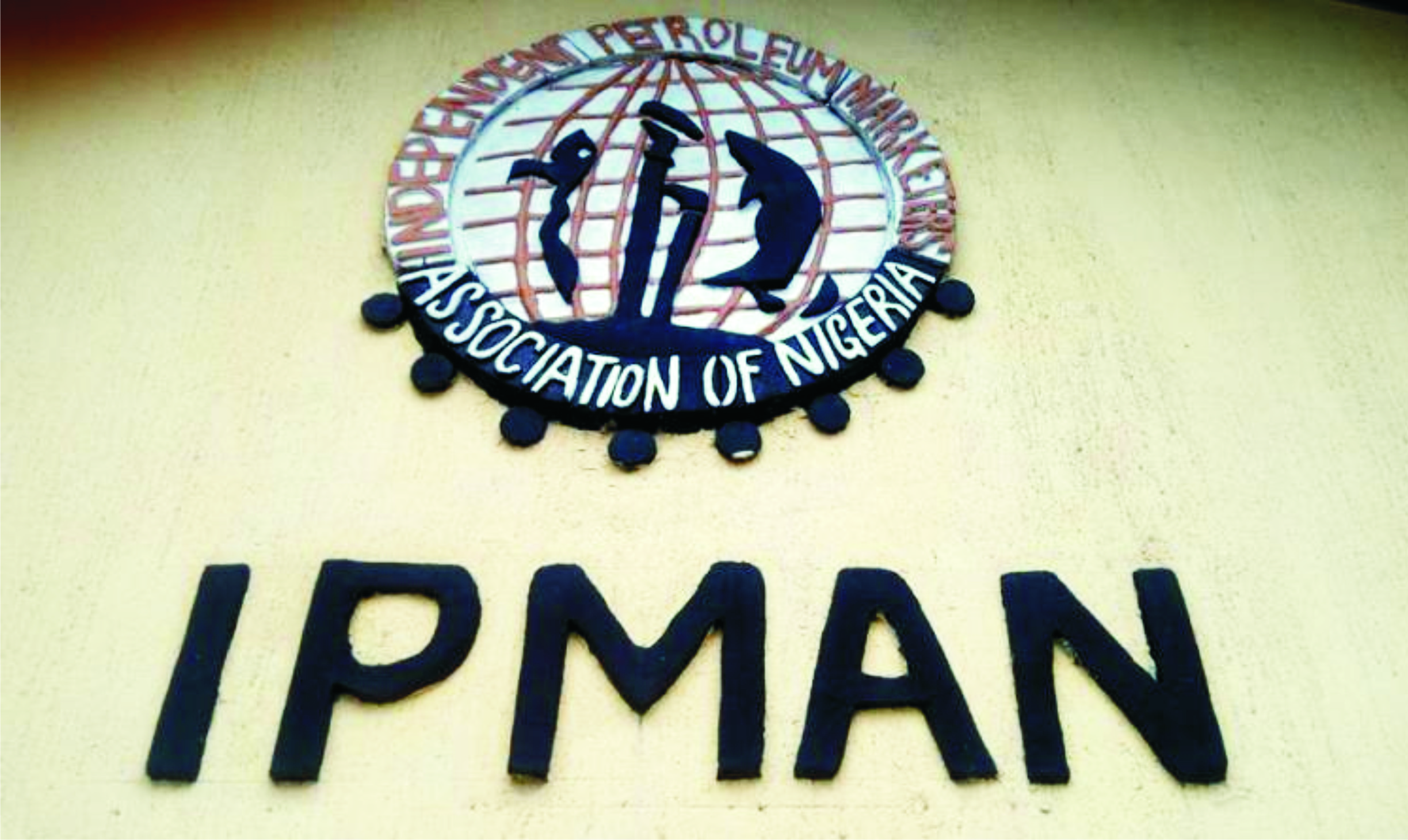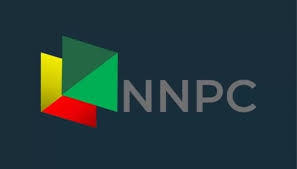Oil & Energy
IPMAN Moves To Shutdown Operations In Anambra Moves To Shutdown Operations In Anambra

Following last minute intervention by the Anambra State Government, members of the Independent Petroleum Marketers of Nigeria (IPMAN) in the state, will now shutdown operations on August 25, across the state.
The impending strike is in solidarity with Siluch Oil and Gas Limited, an IPMAN member, being owed N13.6 million for petroleum products it supplied to Transport Company of Anambra State (TRACAS), since 2017.
IPMAN had on August 4, issued a 21-day ultimatum to the state government, to pay off the debt and also address other issues raised by the association.
Speaking to newsmen yesterday in Awka, Mr Chinedu Anayaso, Chairman of IPMAN, Enugu Depot, said that the shutdown would be total until all conditions were met.
Anayaso said apart from the debt payment, his members were resisting any form of tax/levy increase by the government, as the economy did not currently support such additional burden on businesses.
“We are counting days, we have not seen anything that shows that the state government is treating our letter to them with the seriousness it deserves.
“We expect that they pay the young man his money, withdraw all cases against our members for refusing to pay the levies we did not agree on and revert to the annual unified levy we reached an agreement on,” he said.
He said that the action would be total because IPMAN, NUPENG and Petrol Tanker Drivers were together in the plan, adding that anyone who violated the order would pay a fine of N500, 000.
He also said within the period of shutdown, no product destined for Anambra State would be loaded, adding sadly however, other states like Enugu and Ebonyi under the zone would be affected.
Also speaking, Managing Director of Siluch Oil and Gas, Uche Okoye, said his company was having smooth business relationship with TRACAS until the second term campaign of Governor Willie Obiano, when they could not pay for four months.
Okoye said he had written and visited TRACAS and the transport ministry several times over the debt, but regretted that they had refused to pay him.
He noted with regrets that the money owed him was a loan secured from the bank for which he had been paying interests without making use of.
“The debt is seriously affecting me because it is a loan I obtained from bank.
“I have more than 30 workers and things are getting more difficult by the day due to TRACAS’ indebtedness to my company.
“Initially, I had no plans of laying off workers even with the current economic hardship in the country, but as it is, I am somehow working on a very tight rope.
The Managing Director of TRACAS, Mrs Edith Madukasi, told journalists that she was informed on assumption of duties in the company that Siluch was owed some money by the company.
“I was told that TRACAS is owing Siluch for the product it supplied to us, but I cannot speak on the matter, it is my commissioner that will speak on that,” Madukasi said.
Reacting, Commissioner for Transport in Anambra State, Mr Afam Mbanefo, said he had been briefed on the debt and that he was already working on it.
Mbanefo said that government would ensure that every stakeholder got what was due to them.
“I have looked at the transactions of this office since I assumed office and this debt amounting to N13.57 million was presented, and IPMAN leadership had also visited me on the same matter,” he said.
Oil & Energy
FG, MEMAN Chart Ways To Safe Petroleum Products Delivery

The Federal Government and key Petroleum Products marketers have proposed new measures to help curb rising cases of road accidents involving petrol tankers.
This followed recent incidents of road accidents resulting in cremation of hundreds of lives and causing extensive damage to properties.
Speaking at the Discourse organised by Mejor Energy Marketers Association of Nigeria (MEMAN) in Lagos, Thursday, with the theme “Improving Safe Transportation of Petroleum Products”, the Minister of State for Petroleum Resources (Oil), Heineken Lokpobiri, noted with dismay the number of casualties the country recorded recently due to tanker accidents.
Lokpobiri stressed the need for an enhanced training for tanker drivers, installation of detection leak devices as well as other safety systems that can assist drivers.
He called on Marketers and Federal Road Safety Commission (FRSC) to strengthen collaboration with stakeholders, especially in the training of tanker drivers.
On his part, the Minister of State for Petroleum Resources (Gas), Ekperikpo Ekpo, reaffirmed government’s commitment to providing enabling environment to ensure safety of petroleum products transportation.
Ekpo, who was represented by Engr. Abel, said consideration should be given to more safety means of transporting products like the pipelines and railway line.
He stressed the need for better training for drivers and implementation of safety regulations within the industry.
Earlier, Chairman, MEMAN, Huub Stokman, said the Association has elaborate training manual for members truck drivers.
Stokman insisted that more training programmes and consistent adherence to safety measures would help to curb road accidents involving tanker drivers.
Also speaking, the National President, Nigerian Association of Raod Transport Owners (NARTO), Yusuf Lawal Othman, called for support.
Oil & Energy
Benue To Pioneer Gas Production From Coal – NGEP

The Chairman, National Gas Expansion Programme (NGEP), Prof. Mohammed Ibrahim, has said that the production of coal bed methane, an unconventional form of natural gas extracted from coal, is set to begin in Benue State.
Prof. Ibrahim staed this while addressing newsmen at the end of a joint meeting of the National and State gas expansion committees with Benue State Governor, Hyacinth Alia.
He said the Federal Government is committed to expanding gas availability in Nigeria for domestic use and mobility.
Ibrahim added that extracting gas from unconventional coal sources rather than traditional hydrocarbon reserves is a way to boost gas availability.
“Essentially there are four areas of implementation that the committee has identified. One is to pioneer the production of gas from what you call coal bed methane, which means that Benue is going to pioneer in the country the production of gas not from conventional hydrocarbon, but from non-conventional coal just so that the nation will have an alternative source to gas availability”, he said.
Also speaking, the Chairman, Benue State Gas Expansion Programme, Dr. Emmanuel Chenge, said the gas expansion initiative would contribute to the economic transformation of Benue State.
“The good news is that Benue is set to join the league of gas-producing states and if we are conversant with what being a member of the gas-producing state is, it shows that Benue State will start getting derivatives from that sector of the economy”, Dr Chenge stated.
The National Gas Expansion Programme (NGEP) was established to boost the exploration and utilisation of gas in Nigeria and make Nigeria a gas-based industrial nation by increasing the use of gas for transportation, cooking, and industrialization.
Oil & Energy
NNPC Debunks Explosion Claim In Warri Refinery

The Nigeria National Petroleum Company Limited (NNPCL) has said there was no explosion at the newly refurbished Warri Refining and Petrochemical Company (WRPC).
NNPCL’s Chief Corporate Communications Officer, Olufemi Soneye, made this known in a statement issued on Friday night.
Soneye said reports claiming that there was an explosion at the Warri refinery were false and should be ignored and disregarded by the public.
According to him, the refinery was undergoing routine maintenance.
His statement read, “NNPC Ltd. wishes to clarify that there was no explosion at the Warri Refining and Petrochemical Company (WRPC). Any reports suggesting otherwise are completely false.
“On January 25, 2025, operations at WRPC Area 1 were intentionally curtailed to carry out necessary intervention works on select equipment, including field instruments that were impacting sustainable and steady operations.
“These intervention works are essential to ensure the production of on-specification finished and intermediate products, particularly Automotive Gas Oil (AGO) and Kerosene (Kero).
“The routine maintenance is progressing as planned, and Area 1 will be back in operation within the next few days.
“Despite ongoing interventions, over the past 11 days, AGO loading has been maintained at an average of eight trucks per day, with a sufficient supply available to sustain ongoing truck load-out operations”.
Soneye added that the NNPCL was committed to ensuring an uninterrupted supply of petroleum products from the refinery.
He said the company “appreciates the patience and cooperation of all stakeholders as it completes these essential maintenance activities”.
-
News5 days ago
Shake-ups At Federal Varsities As Tinubu Sacks UniAbuja, UNN VCs, Appoints New Leaders
-
Business4 days ago
Lokpobiri Condemns Abandoned Refinery Project in N’Delta … Vows Revival
-

 Politics2 days ago
Politics2 days agoProbe My Father With Clean Intent, El-Rufai’s Son Tells Kaduna Govt
-
Maritime1 day ago
NRC, APMT Plan Cargo Movement Expansion From Apapa To Ibadan
-
Business5 days ago
Dangote Refinery Exports Jet Fuel To Saudi Aramco
-

 Sports2 days ago
Sports2 days agoEdo Inaugurates Committee For Edo Sport Festival
-

 Oil & Energy1 day ago
Oil & Energy1 day agoNCDMB Targets 70% Local Content Policy Implementation By 2027
-
Rivers1 day ago
Don Proposes Group Matrix In Organisational Efficiency

